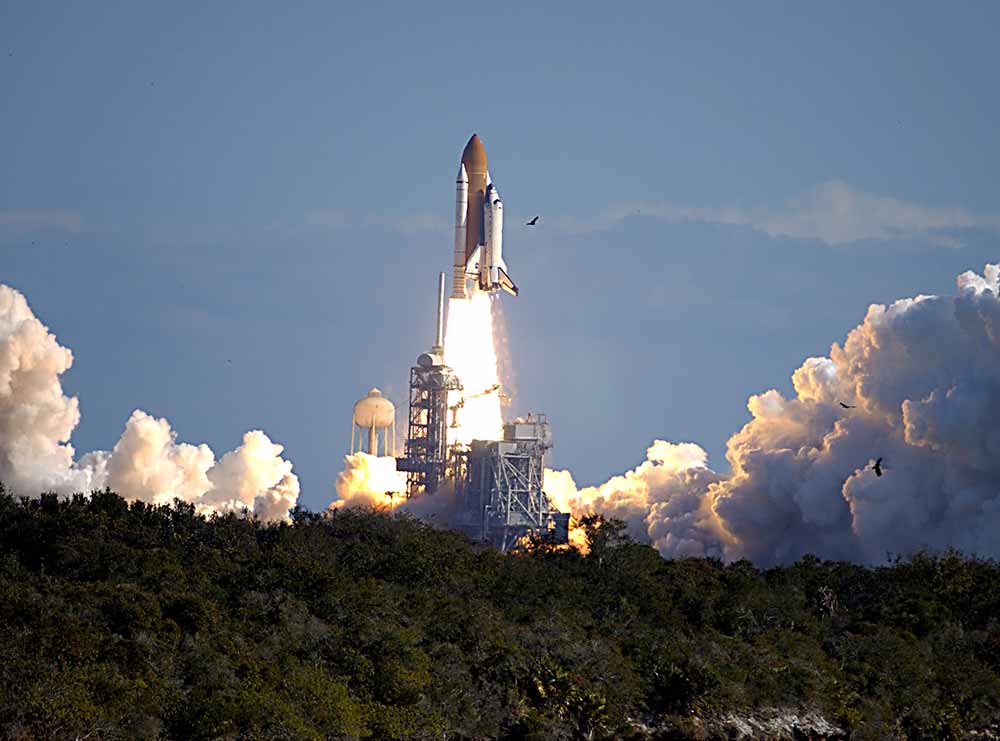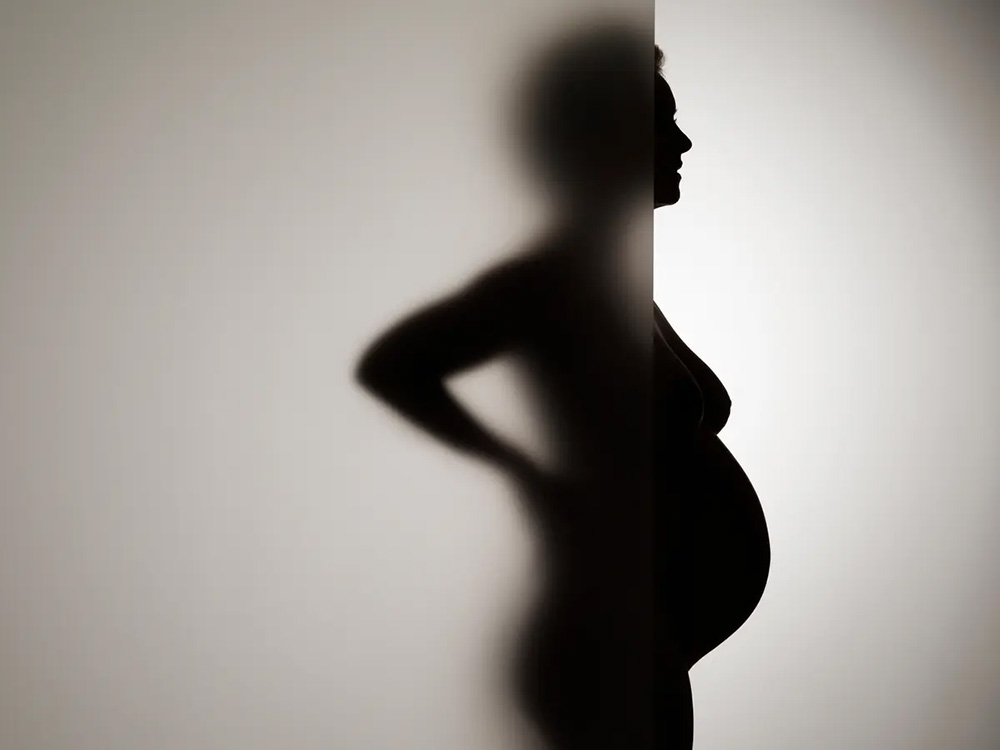The results of a recent study suggest that women may be more resilient than men to the physical demands of space travel. This should come as no surprise to sci-fi movie lovers!
According to the study published in Nature Communications, women may be in a slightly more advantageous position than men to withstand the severe conditions of space travel. The research was led by Christopher Mason, a professor of physiology and biophysics at Weill Cornell Medicine. It surmised that women recover from spaceflight impact faster than men. The study’s preliminary findings may have implications on our understanding of how human biology reacts to prolonged space travel.

A significant portion of the study material came from Inspiration4 mission in 2021 which was a civilian spaceflight mission conducted by SpaceX. Comprehensive biological samples were submitted by the four-person crew prior to, during, and following their three-day orbit. These samples were judged to be more typical of the human race than the ones normally supplied by astronauts with extensive training. As part of the investigation, data was collected from 64 NASA astronauts. Due to the unfortunate necessity, the study was modest—far fewer women than men have visited space. However, the report states that ‘the gene regulatory and immune response to space flight is more sensitive in males.’

In comparison to their male counterparts, who ‘appear to be more affected by spaceflight for almost all cell types and metrics,’ the data demonstrated that female astronauts recovered from spaceflight conditions more quickly after returning to Earth.

Mason hypothesised that women’s ability to endure the pain and stresses of pregnancy enables them to ‘tolerate large changes in physiology and fluid dynamics.’
Space travel affects chromosomes and the immune system
Additionally, the scientists discovered that human telomeres—protective caps on chromosomes that shorten with age—had lengthened after three days in space. The researchers also found that specific components of the immune system had become more active. The genes responsible for encoding leukocytes, which are virus-fighting antigens, were somewhat repressed, while the production of anti-inflammatory substances known as cytokines increased. After three months of returning to earth, the majority of these modifications were undone.
In summary, women’s immune systems recover more quickly from space travel and are less impacted by it when they return to Earth.
Image source: The globe and mail, Natgeo